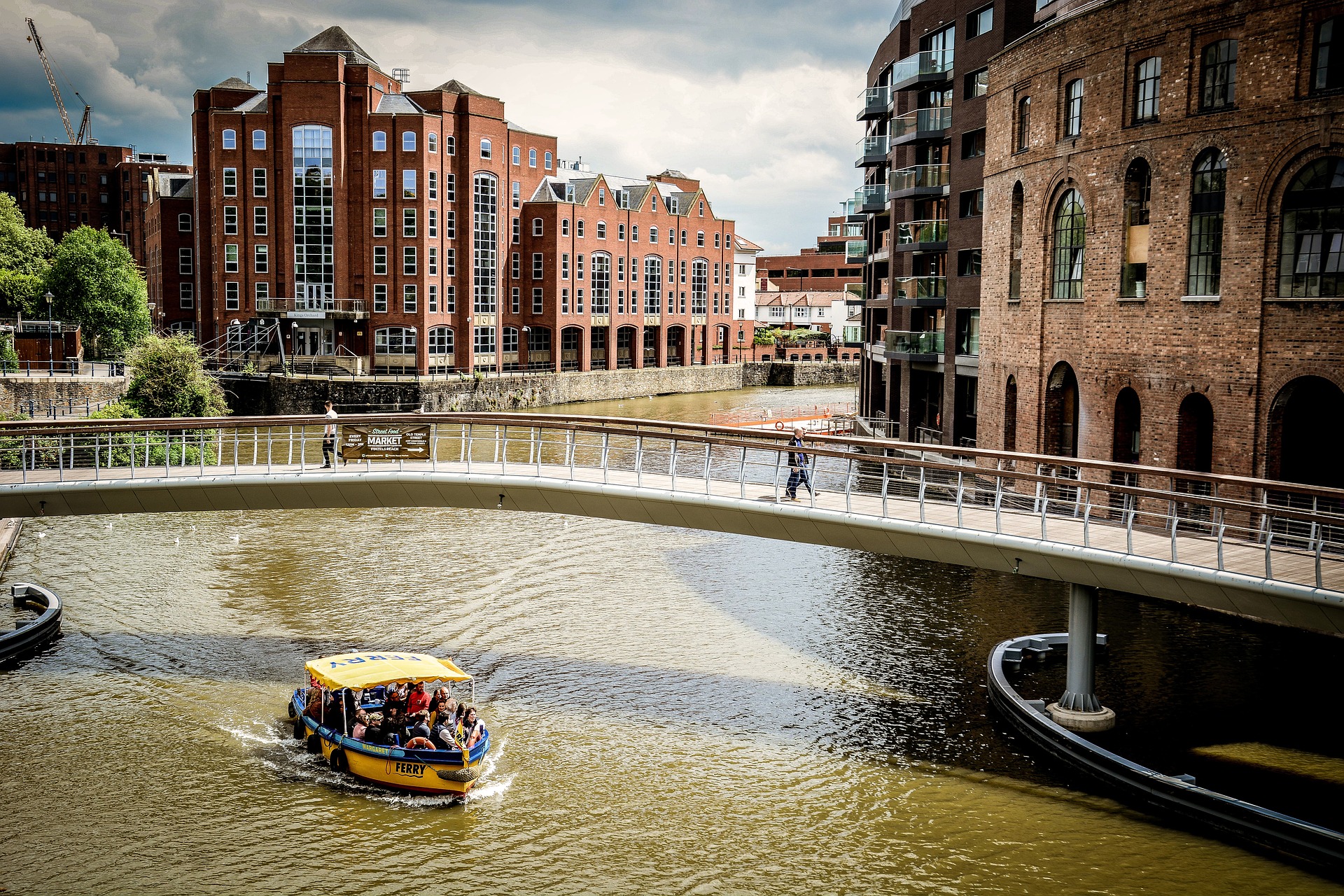“Adapt or perish, now as ever, is natures inexorable imperative” – H.G. Wells
H.G. Wells, a renowned futurist, had the foresight to see the importance of adaptability long before the well-publicised demise of global travel group Thomas Cook. In a world that has perhaps seen more change in the last 25 years than the century before it, ‘adaptability’ is now paramount.
Perhaps the biggest advancement and the catalyst for much of this change has been the global impact of the internet and online communications. It is estimated that in 1993, the internet was responsible for 1% of the information shared through two-way telecommunication. Just 7 years later this figure stood at 51% and by 2007, more than 97% of telecommunicated information flowed through the internet. That’s a 96% swing in 14 years.
A closer look at the impact online advancements have had on the retail sector in particular show that in the UK last year, 87% of retail purchases (food shopping not included) were made online. Long gone are the days shoppers would head to their local high street and be limited to a handful of shops, when the internet offers so much more in terms of choice and value for money. This does however offer a huge opportunity to ‘adaptable’ retailers who are prepared to respond to the ever changing digital landscape and capitalise on the trends in online shopping behaviours.
And so going back to Thomas Cook, their unfortunate and extremely sad downfall was essentially intrinsically liked to their failure to adapt. Staggeringly, the company still had around 600 high street travel agents and it was this glaringly obvious inability to react to the way in which the British public book our holidays that ultimately sealed their fate.
Thomas Cook however aren’t the first and certainly won’t be the last to be the victims of a failure to adapt. The way we consume our favourite TV shows has been turned on its head by streaming services like Netflix and Amazon Prime and British Broadcasting businesses have had to adapt quickly to align with the change. In fact, much of what we have ‘always done’ has changed significantly in some way or another over the past 25 years. From the way we display our car tax to the dwindling of CDs & DVDs, the world evolves at a much faster pace today.
“Only 28 of the FTSE 100 companies when it launched in 1984 remain today”
To further illustrate the point, only 28 of the FTSE 100 companies when it launched in 1984 remain today. Whilst there have been mergers and takeovers, others have simply ceased trading and fallen by the wayside. Again victims of a lack of adaptability?
We work with clients across a number of sectors, some of which have seen more change than others. What’s inevitable however is that change will come, as it always has done. Positioning yourself as a business so that you are adaptable and flexible enough to evolve and move with the times is paramount. Forecasting, competitor & market analysis, the injection of forward thinking personnel with fresh ideas and a robust financial strategy that enables you to not only capitalise on the opportunities that arise, but also weather any periods of change as you evolve are all crucial.
If you are interested in finding out more about our Finance Solutions, email us at: info@thebusinessboard.co.uk or call our office on 0118 338 1818.
We look forward to speaking with you.
[/cs_text][/cs_column][/cs_row][/cs_section][/cs_content]




